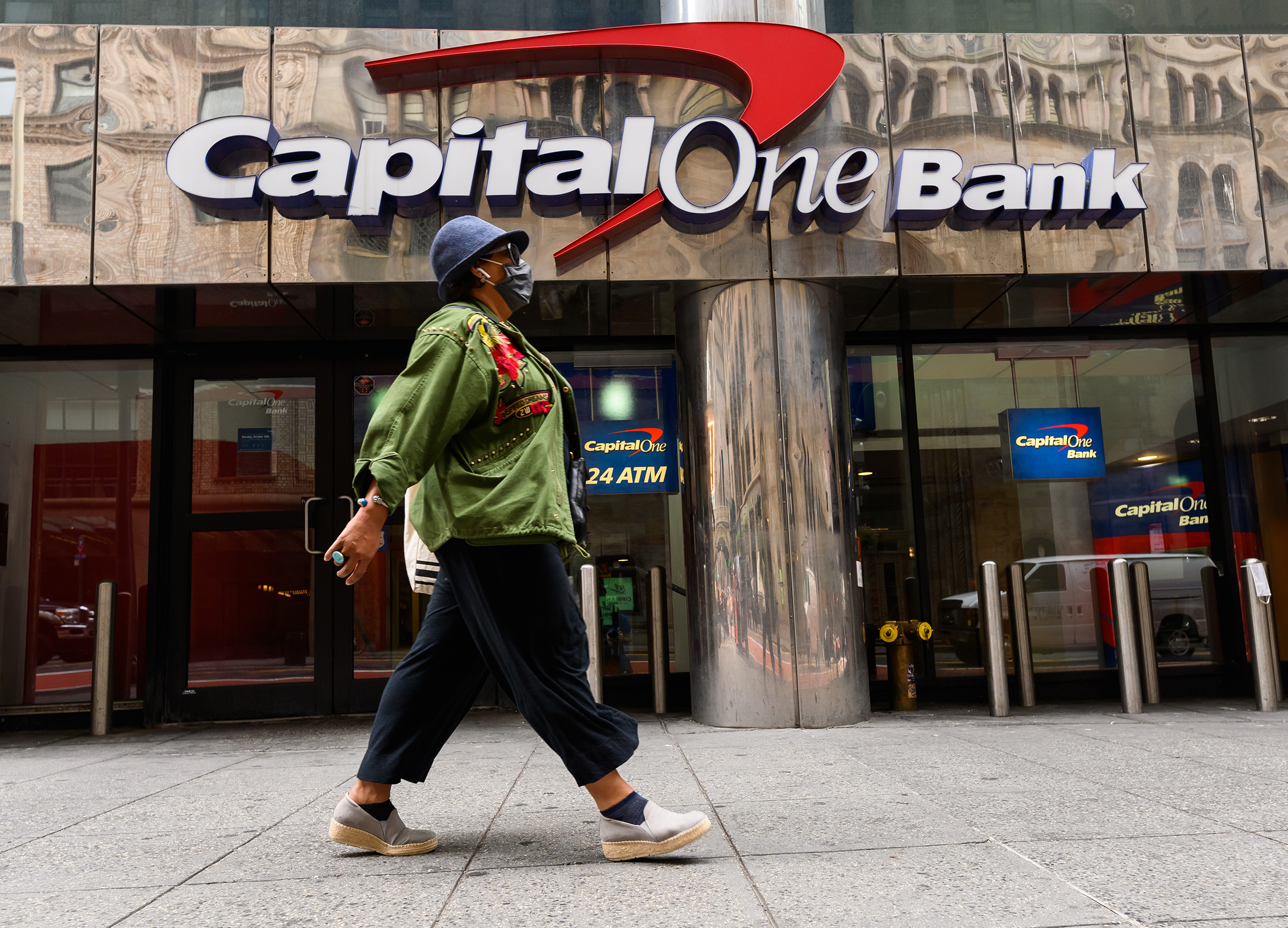In December, Capital One became the first major U.S. bank to announce that it was completely eliminating overdraft and insufficient-fund fees, which accounted for $150 million of Capital One’s $30.4 billion in revenue last year. Such fees typically run around $25 to $35 each but cost Americans over $15 billion in total annually. They can be particularly devastating for families living on the financial edge, who frequently get dinged with these fees yet are least likely to have the means to pay them. After Capital One’s trendsetting move—and amid regulatory pressure—other top U.S. banks, including Bank of America, Wells Fargo, and Citigroup, announced plans to follow suit.
A weekly newsletter featuring conversations with the world’s top CEOs, managers, and founders. Join the Leadership Brief
- The 100 Most Influential People of 2024
- The Revolution of Yulia Navalnaya
- 6 Compliments That Land Every Time
- What's the Deal With the Bitcoin Halving?
- If You're Dating Right Now, You're Brave: Column
- The AI That Could Heal a Divided Internet
- Fallout Is a Brilliant Model for the Future of Video Game Adaptations
- Want Weekly Recs on What to Watch, Read, and More? Sign Up for Worth Your Time
